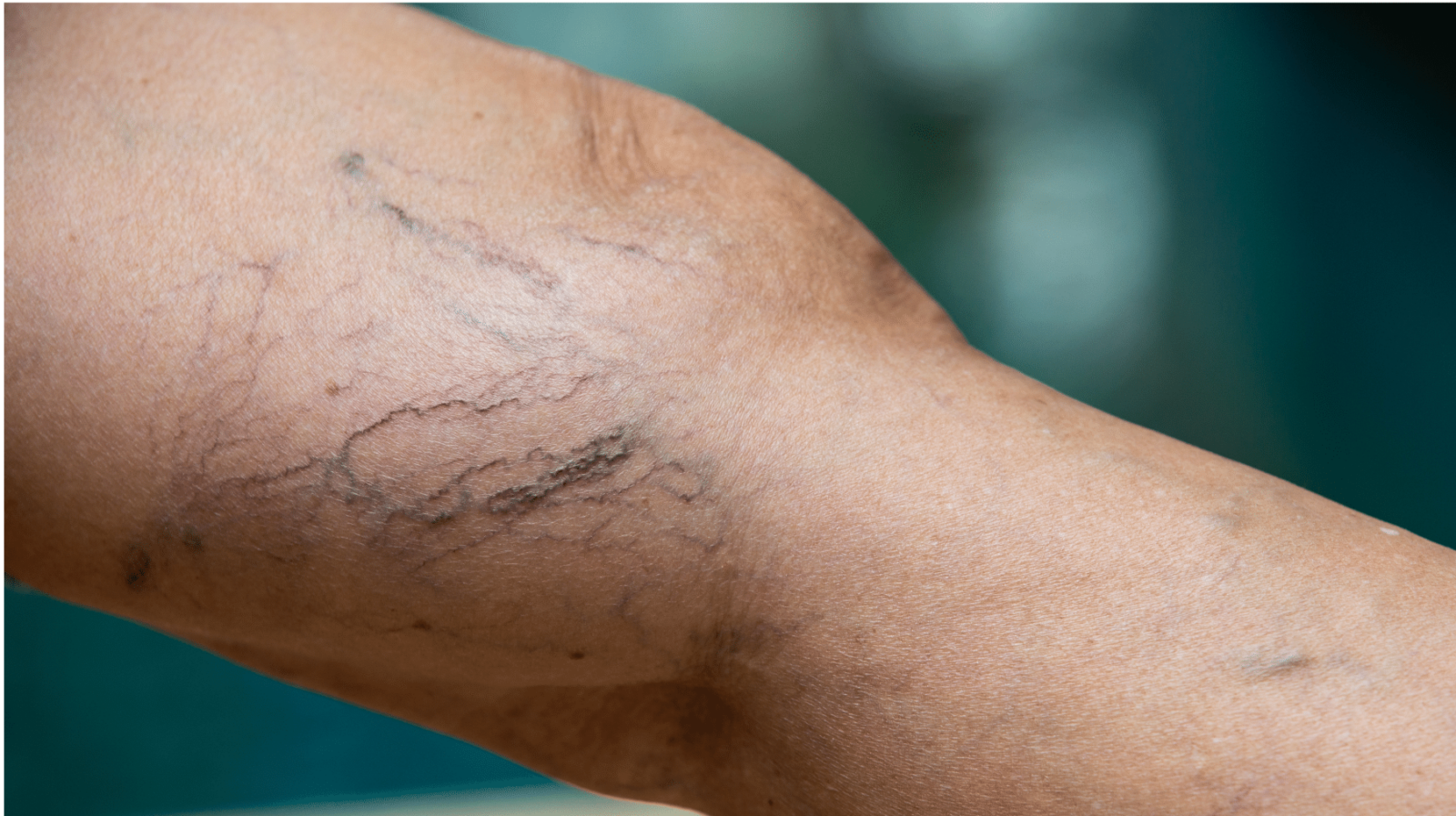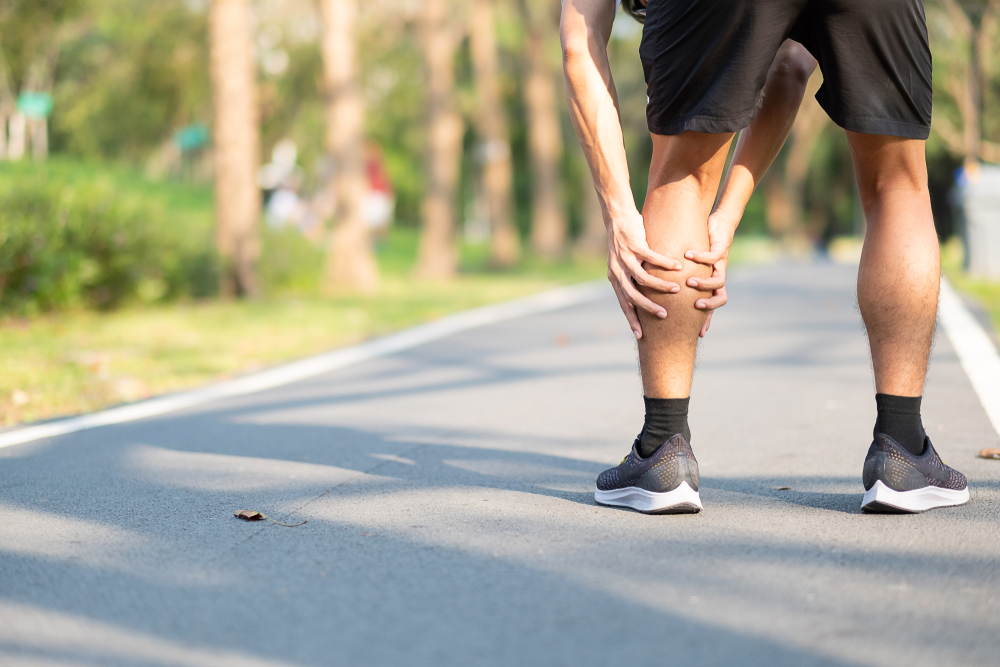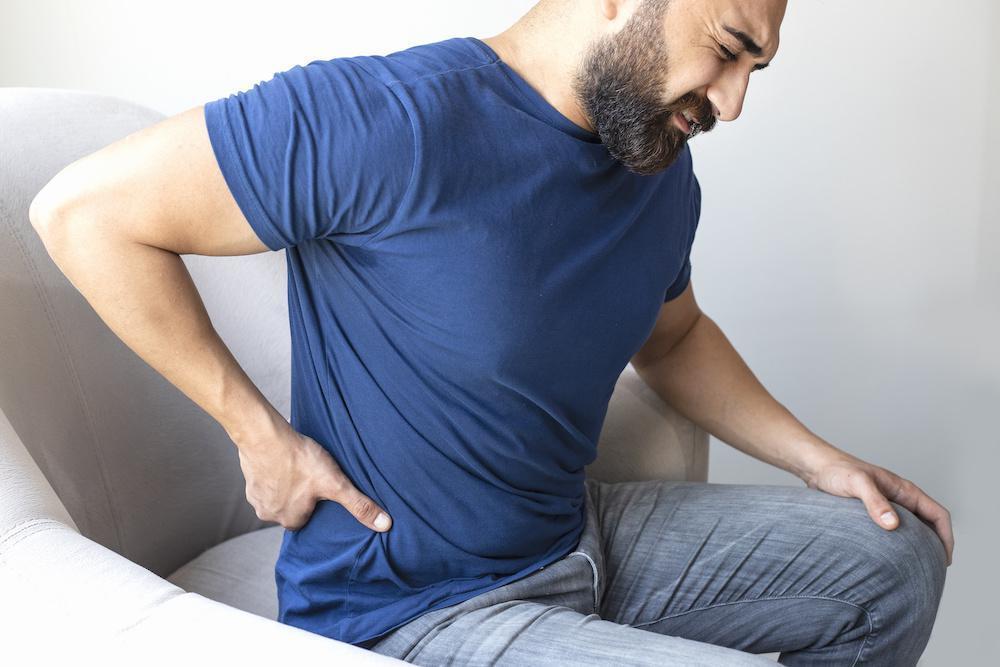JRA Vascular and Interventional Radiologists specialize in treating varicose veins, spider veins, and associated venous disorders that can impact the everyday lives of our patients.
Superficial venous insufficiency, also known as superficial venous disease, refers to a condition where the valves in the veins of your legs aren’t working properly. This can lead to blood pooling in your legs, causing a range of symptoms.
Most common symptoms of vein disease:
- Varicose veins
- Spider veins
- Swollen/heavy legs
- Pain
- Itching
- Skin changes/discoloration
- Ulcers
Certain factors can increase your risk of developing this condition. These include pregnancy, obesity, a family history of vein issues, past injuries, surgeries, blood clots, a sedentary lifestyle, and spending prolonged periods sitting or standing.
The Vascular and Interventional Specialists of Jackson Radiology Associates are ready to guide you through your journey to healthier veins and legs.
The IR Advantage includes a variety of techniques to treat superficial venous insufficiency:
Venaseal is a safe and minimally invasive procedure that uses medical adhesive to treat the affected veins, improving blood flow so you can rapidly return to everyday activities.
A specialized foam solution that collapses and seals off problematic veins, promoting healthier circulation. Our patients love Varithena because it’s a minimally invasive and nonsurgical method.
We use this treatment to close off a vein that is allowing blood to flow in both directions. That vein is causing more harm than good. By closing it off, we can redirect blood flow to your healthy veins.
A non-surgical technique that involves injecting a solution directly into spider veins, causing them to collapse over time. The vein shuts down and your body absorbs the closed vein.
A method to remove surface varicose veins through tiny incisions, promoting better blood flow.
If you’re experiencing symptoms or have concerns about superficial venous insufficiency, call 731-240-1747. Your well-being is our priority, and our team is here to help you find the best treatment options available.





